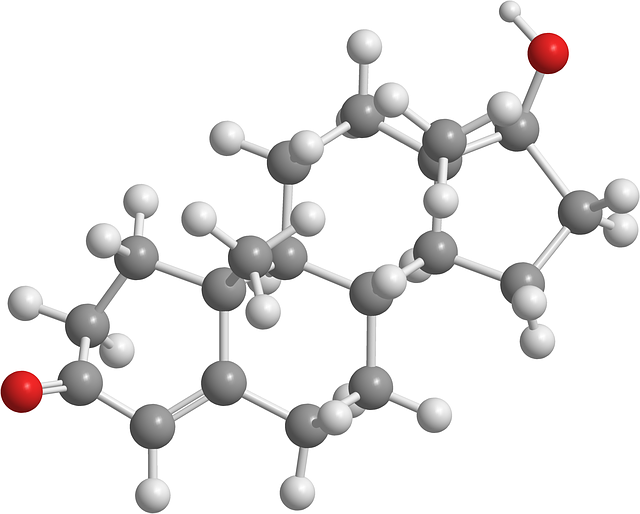
Thinning hair and hair loss can be caused by a variety of internal and external factors. However, the most common cause of male and female pattern baldness is genetics. And while the cause of genetic hair loss has been the subject of debate for many centuries, today, the medical community is in agreement that it is caused by a hormone, called Dihydrotesterone–abbreviated as DHT.
Testosterone enters the hair follicle of both men and women through gateways known as androgen receptors. Once the testosterone enters the follicles, it interacts with an enzyme, called 5a-reductase. Once that interaction occurs, DHT is produced.
While DHT is necessary during the early stages of life, as we age, it is of no known benefit to adults. Unfortunately, once formed, DHT causes havoc for hair follicles. It connects to the androgen receptors at the base of the hair follicles. This then leads to a process called “miniaturization”.

Hair growth has three phases: anagen, catagen, and telogen:
- Anagen is the growth phase. Hairs remain in this phase for 3 to 6 years. The longer it lasts, the longer the hair grows. Normally, around 80 to 85% of the hairs on the head are in this phase.
- Catagen lasts approximately 2 weeks. It allows the hair follicle to renew itself.
- Telogen is the resting phase. The follicle lies dormant for 5 to 6 weeks. Normally between 12 and 20% of hairs are in this phase.
- After the telogen phase, the anagen phase begins again. The existing hair is pushed out of the pore by the new growth and naturally sheds.
As the hair follicles become miniaturized, however, hair that grows in during the anagen phase, will grow in thinner and thinner. Eventually, the hair becomes so thin and weak that, once it falls out, it simply does not regrow again.
In order for men and women to prevent and reverse hair loss, DHT in the hair follicle must be blocked. While there is one FDA-approved medication that can help reduce the amount of DHT in your body, it is only approved for men and can result in serious side effects.
There are hundreds of topical products that claim to block DHT and help reverse hair loss. However, almost none of them contain ingredients that are clinically-proven to help block DHT, which is necessary in order to reverse hair loss. Thus, they are of little to no value.
At present, there is no shampoo or conditioner on the market that is more effective to help block DHT Blocking Hair Loss Shampoo than those offered by Hair Restoration Laboratories. By blocking DHT, the miniaturization process can be prevented, halted and/or reversed, allowing thicker, fuller and healthier hair to regrow.


















